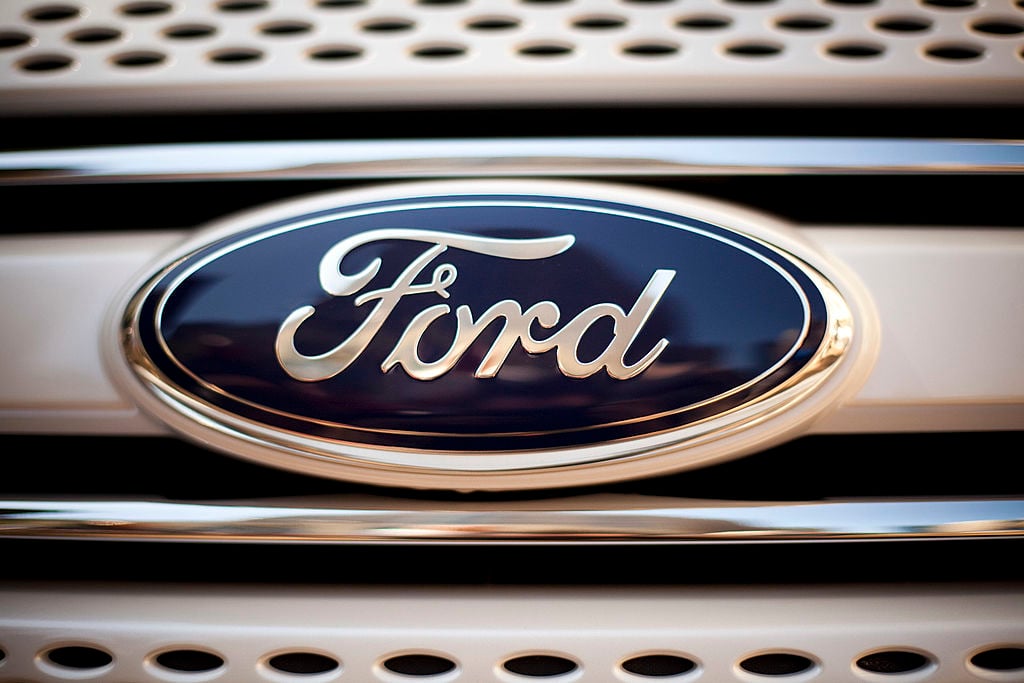Given the significantly poor performance of the American automotive manufacturers between 2007 and 2009, will they ever be good investments again?
Led by CEO Alan Mulally, Ford (F 1.00%) avoided filing for bankruptcy during the worst of the recession. While in hindsight it's clear that speculators could have made a small fortune picking up Ford at $2 a share in 2009, it was a far cry from a solid investment. Basic information in Ford's annual reports shows that its revenues were dropping fast ($172 billion in 2007 to $118 billion in 2009), and consumers' declining wealth didn't bode well for increasing new car sales. I remember wondering if the Big Three American automakers would ever fully recover.
Today, Ford offers a productive investment opportunity for investors because of its competitive advantages, the most significant of which is Mulally.

Source: Ford
Mulally's successful leadership allowed Ford to rise from its depressed financial position to become, once again, a strong company. Although sales numbers aren't at their 2006 or 2007 levels, they have bounced back and seemed to have stabilized (around $135 billion each for 2011 and 2012). But the genius of Mulally's leadership includes enabling the company to significantly increase profitability. By focusing more in the Asia-Pacific-Africa market segment, and less in Europe, and considering the improvements made throughout its extended supply chain, Ford now boasts a gross profit margin of over 13% -- nearly double that of its domestic rival, General Motors (GM 2.42%).
Mulally transformed a formerly uncooperative, destructive workplace into an open, problem-solving, and forward-looking firm. A Businessweek article from 2012 does a good job of showcasing Mulally's personality and leadership style, and how they are facilitating Ford's recent and current success. While Mary Barra, GM's new CEO, may prove to be just as successful a leader as Mulally, GM has gone through several different CEOs recently, none of whom have given me as much confidence as Mulally has in their ability to lead a massive global company to financial success.
Dan Akerson, GM's longest-reining post-recession CEO, certainly saw his share of success while at the helm over the last few years, increasing revenue from $135 billion in 2010 to $152 billion in 2012. Accounts of his overbearing leadership style that turned me off of the company as a possible investment. I think that Mulally's open communication style of management is better suited for a company that needs to face global challenges.
Although Mulally is in his late sixties and set to retire soon, he has hand-selected his replacement, COO Mark Fields. As Mulally selected Fields as long ago as September 2012, it is likely that the transition will be smooth, that Fields has learned from Mulally, and that Ford will continue to succeed.
Some things that I recommend potential investors look for as they conduct their own research on these, and related companies, are centered on the efficiency and innovation of each firm's supply chain. In a 2007 academic study, researchers show that auto manufacturers' purchasing budgets can be 60% or more of their total costs. What this means is that the better a company's supply chain is, the lower its costs, and the higher its profits. I've been convinced by evidence found in my own research that Ford's supply chain is more efficient than GM's, and I'm confident that these efficiencies and innovations will translate into increasing margins and solid investment returns.
Of course Ford is not a perfect company; it has fundamental hurdles to overcome. While Ford likely built up goodwill among consumers when it mortgaged most of its assets during the financial crisis to avoid a bankruptcy requiring a huge government bailout, it did take on a lot of debt. It is not easy to look beyond Ford's debt-to-equity ratio of over 500, especially with GM's under 100. It is up to each investor to decide whether he believes that Ford can be successful given its significant leverage; I believe that Ford is in a good position.
Of course, a good company is only a good investment if you can pick up your shares at a great price. Warren Buffet and Benjamin Graham, two of the greatest investors, are consistent in their teachings of patient, confident, and value-based investing for long term returns. Ford's stock is at an attractive price right now, with a price-to-earnings ratio of a little over 11, and a dividend yield of 3.18%.
Remember to be diligent about your research, incorporate many ideas with your own, and be patient for an attractive price after you've decided to buy.







